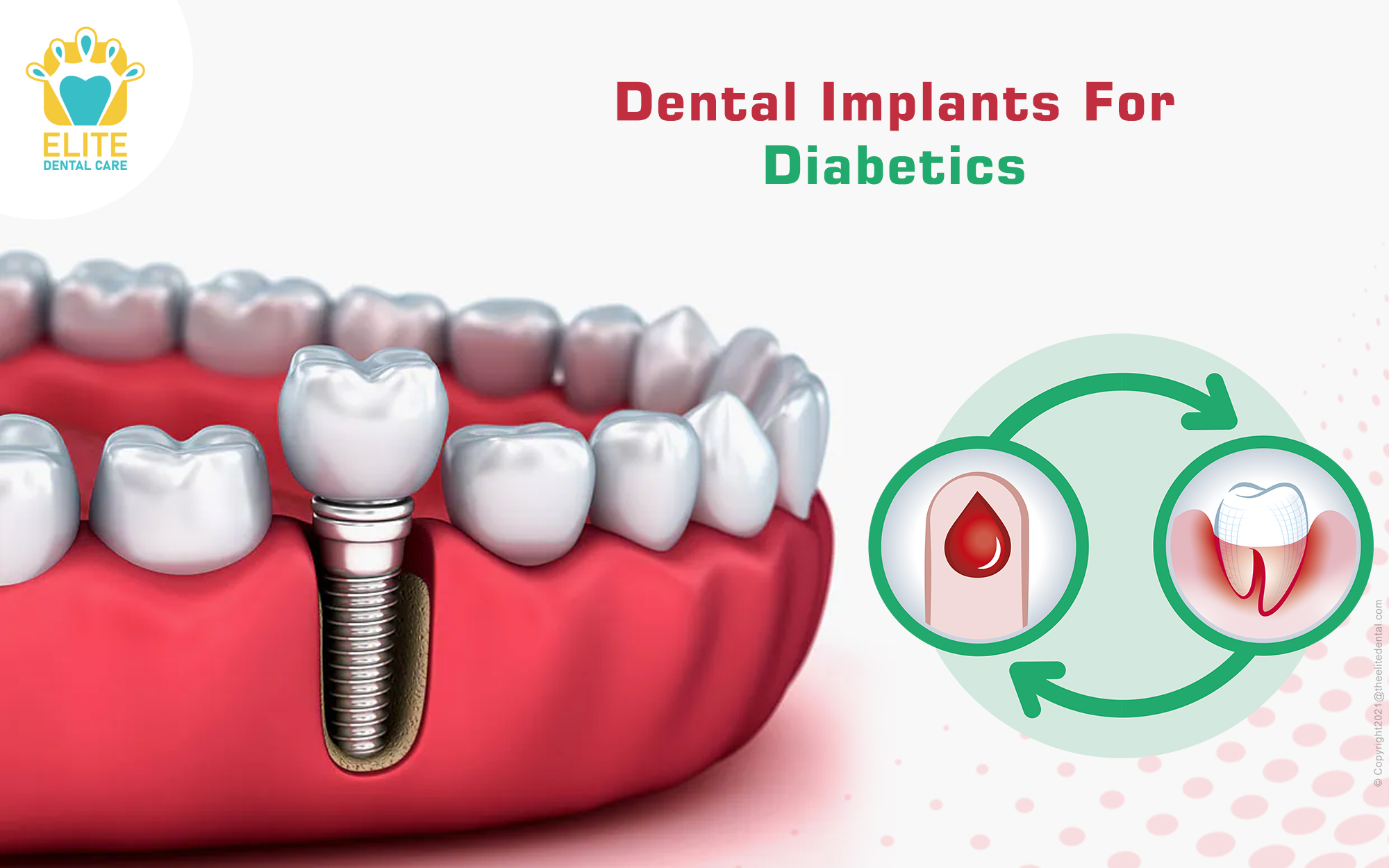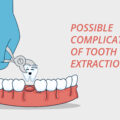
dental caredenturesoral healthRoot Canal Treatmentveneer
edental
20 September 2021
DENTAL IMPLANTS FOR DIABETICS
Dental infections like cavities, tooth decay and ageing lead to either falling or extraction of the tooth. When a tooth gets extracted, it creates a gap, and the neighboring teeth start to shift. Also, the jawbone at the site of the lost tooth loses bone stimulation and becomes weak. Thus, it is necessary to fill up the gap created either using dentures or dental implants. Dental implants are a simple procedure, but for diabetics, it could be the opposite. Here is a quick overview of why dental implants are complicated for people with diabetes.
DIABETES & DENTAL IMPLANTS
There are two types of diabetes: type 1 and type 2 diabetes. There was a belief that people who have diabetes could not go for dental procedures like dentures and dental implants because of the underlying diabetic conditions. But without these dental procedures, their dental health gets impacted. Later in 2016, researchers found that people with controlled diabetes do not have any complications to dental implants, similar to those who do not have diabetes. However, people who have uncontrolled diabetes had higher rates of dental implant failure or post-procedure infection.
Before we establish how uncontrolled diabetes makes a dental implant procedure a failure, let’s throw light on what is a dental implant to help contemplate better.
WHAT IS A DENTAL IMPLANT?
A dental implant is an artificial structure that replaces the missing tooth or abscessed teeth. These implants get inserted into the jawbone with the help of screw-like devices. A dental crown acts as an artificial tooth connected to the dental implant in the jawbone with the help of abutment. The color of the crown is matched to that of the natural tooth to keep up with the aesthetic value of your teeth.
WHY DO PEOPLE WITH UNCONTROLLED DIABETES HAVE A DENTAL IMPLANT FAILURE?
As dental implants are fixtures in the jawbone, they require natural healing for the jaw to integrate with the implant. Along with the jaw, the gums also require healing and people with uncontrolled diabetes have difficulty in healing and require more time for healing.
WHY ARE DENTAL IMPLANTS BETTER THAN DENTURES?
- A dental implant is embedded into the jawbone, and it fuses to the bones making it more like a genuine tooth than a prosthetic device. Dentures or the false tooth fit snugly on the gums and the jawbones using an adhesive but do not embed into the jawbone.
- Both dental implants and dentures are used as a substitute for a missing tooth, however, dentures are removable and can be taken out to clean, while dental implants are permanent fixtures and hence, give a feel of permanent teeth.
- Frequent removal of dentures for cleaning disturbs the adjacent teeth as they wear away.
- Dental implants surrogate the original tooth roots while dentures just lay above the gums, incapable of defending the jawbone against corrosion and infection.
- Dentures are made of porcelain, while dental implants are made of resilient Titanium that does not break or wear and tear. Dentures require replacement after a couple of years, while implants stay long due to their resilience.
- Dentures get fixed using an adhesive, and hence you have to be very careful while eating. You cannot eat hard foods that exert too much pressure on the dentures, moving them or breaking them and causing gum tenderness and sores.
- However, dental implants get embedded into the jawbones, hence you can eat hard foods without the fear of hurting the implants or breaking them.
- People with diabetes must eat a healthy diet that comprises whole foods and fibrous fruits and vegetables. With dentures, you cannot consume whole foods as conveniently as with the implants, and hence people resort to softer, high-carb foods that add up to their blood sugar levels and make things worse.
- Hence for diabetics, it is recommended to go with dental implants that help them eat healthy fibrous foods that require a stronger bite force and help them maintain the blood sugar levels to normal.
Before proceeding with dental implant surgery, the oral surgeon will check your blood sugar levels and suggest ways to keep your diabetes in control. Only when your diabetes gets controlled, they will proceed with the surgery. Also, they check for other underlying conditions like existing gum disease, low bone density or oral cancer before moving ahead with the implant.
It’s not enough to get a dental implant, ensure your mouth is free from bacteria and infections. For that, you must nourish good care to your oral health by following a daily dental routine that involves brushing the teeth twice a day, followed by flossing that removes plaque and rinsing the mouth with an antimicrobial mouthwash. Visit the dentist for regular dental checkups to preserve your oral health. Visit Elite Dental Care, the best dental clinic in Tracy, California for your dental implant surgery and regular dental checkups. We offer painless dental procedures using high-end modern-day technologies and equipment.




